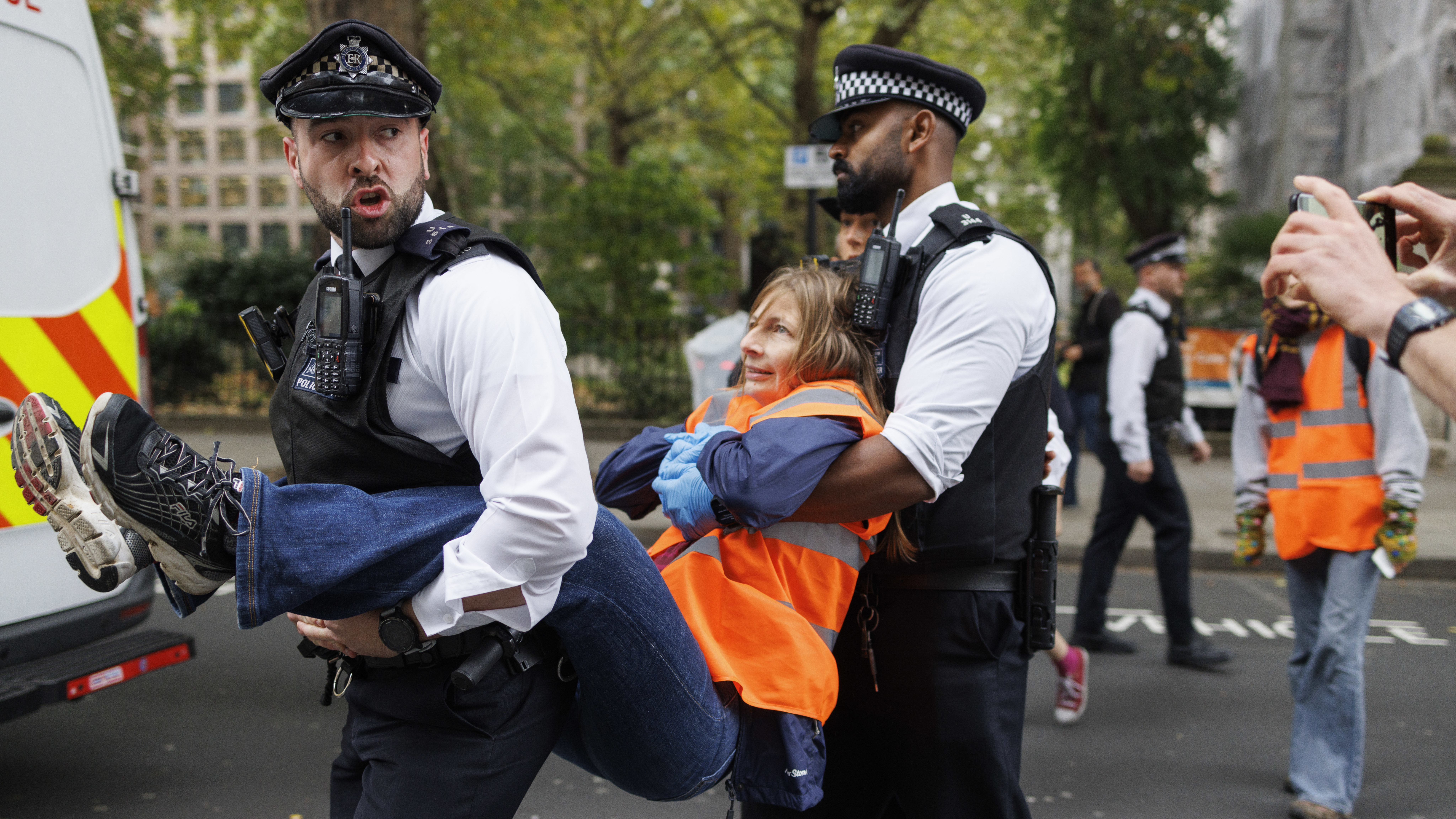It’s easy to look at politics like soap opera or car crash reality TV. Some political journalists comment more and more like sports pundits or drama critics. Who has enough Tory MPs sewn up? Who has a grudge against who? Meanwhile serious threats to the rights and freedoms of ordinary people pass under the radar and barely make the news.
The Public Order Bill is a serious example. It is modelled on anti-terror law but aimed at crushing peaceful protest. All the warring Tory factions seem broadly united in wanting to force it through. Quite the irony that a government always banging on about “woke” cancel culture and free speech in universities wants to bang people up for up to a year for peaceful on-street dissent. Ministers that celebrate the historic Suffragettes and contemporary Hong Kong democracy campaigners now want to pass a law that Amnesty International and JUSTICE argue goes further than even Belarus and Russia.
It contains a new crime of “locking on” as in attaching yourself or an object to another person, object or land if this would be “capable” of causing serious disruption to more than one person. Disruption need not actually be caused. Worse still is the thought crime of “being equipped” to lock on and related stop and search powers that do not even require that you have given cause for reasonable suspicion.
- The government’s anti-protest bill is back. Here’s what you might not know about it
- Explained: How the Public Order Bill will clamp down on protests
- Public Order Bill: Linking arms at a protest could mean a year in prison under proposed laws, warn MPs
So an unreformed police service – still under intense scrutiny after Sarah Everard’s kidnap, rape and murder and the brutal repression of the Clapham Common vigil in her memory – is to be given new blank cheque powers.
Officers finding bicycle chains, cameras or medical equipment in the rucksacks of peaceful citizens will be able to charge them with carrying these objects with the intention that they would be used “in connection with” locking on.
Once convicted of such a protest-related thought crime, a person could be made subject to protest banning order barring them from being in certain places, with certain people or from encouraging other people to “activities related to a protest” over the internet. Once more this power bears a chilling similarity to the anti-terror “control orders” of the past. Only this time, your sin is of being a peaceful dissenter not a suspected terrorist.









